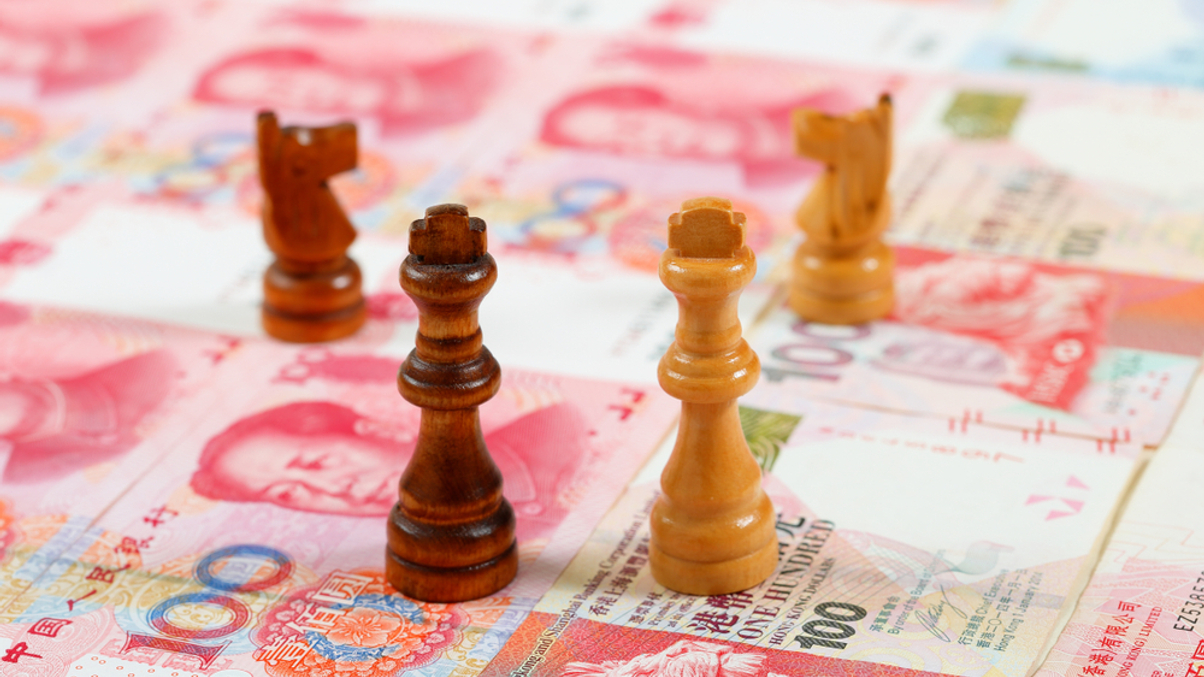Swap Connect to enhance liquidity of China-HK Bond Connect
The new Swap Connect, which will be launched in six months’ time, will provide one more hedging tool for offshore Chinese bondholders under the China-Hong Kong Bond Connect.

The liquidity of the Bond Connect between Hong Kong and mainland China will be enhanced as regulators from both sides on Monday announced the imminent granting of access to interest rate swaps (IRS) trading in the onshore market, for offshore investors.
Sign in to read on!
Registered users get 2 free articles in 30 days.
Subscribers have full unlimited access to AsianInvestor
Not signed up? New users get 2 free articles per month, plus a 7-day unlimited free trial.
¬ Haymarket Media Limited. All rights reserved.


